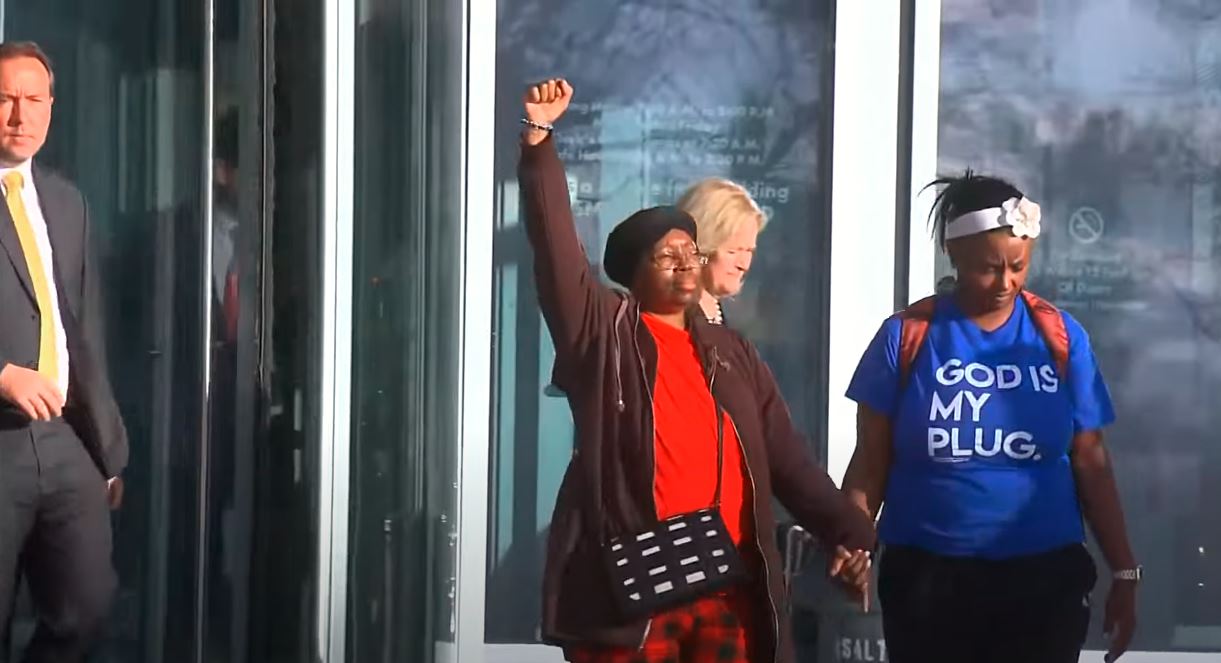A Colorado jury acquitted police officer Nathan Woodyard of manslaughter charges in the high-profile case of Elijah McClain’s 2019 death.
This verdict culminates a series of judicial proceedings that have scrutinized the Aurora Police Department’s conduct during McClain’s arrest, which tragically resulted in the young Black man’s death after being subdued by a chokehold and administered a sedative. Woodyard, 34, faced intense scrutiny as the last of three officers to be tried. Suspended without pay since 2020, his trial has been a focal point for those seeking justice for McClain.
Earlier trials for his colleagues ended in a divided verdict, with Officer Randy Roedema found guilty of criminally negligent homicide and third-degree assault, while Officer Jason Rosenblatt was exonerated.
Now, attention turns to the forthcoming trials of two paramedics implicated in the case for administering ketamine to McClain.
The context of McClain’s death reached the public’s consciousness amid the larger backdrop of national protests against racial injustice, galvanized by the killing of George Floyd. Initially overlooked, McClain’s case gained momentum, leading to sweeping police reforms in Colorado, including the prohibition of chokeholds.
McClain, 23, encountered Woodyard while returning from a store on a warm night in August 2019, wearing attire that a bystander deemed suspicious, prompting a 911 call. The resulting confrontation saw McClain placed in a carotid chokehold and restrained for 15 minutes. During this ordeal, McClain, who vomited while donning a ski mask, repeatedly stated his inability to breathe.
Officer Cleared in McClain Case Amid Force, Sedative Controversy

Prosecutors contended Woodyard’s actions were excessively violent and negligent, failing to heed McClain’s pleas or adhere to de-escalation policies. The defense, however, argued that it was not Woodyard’s intervention but the paramedics’ use of ketamine that led to McClain’s death. This position was supported by a revised coroner’s report attributing the fatality to complications from the sedative.
Throughout the trial, the events of that night were heavily disputed. Woodyard’s defense maintained that McClain attempted to seize an officer’s gun, justifying the police response, while prosecutors challenged this claim, citing body camera footage.
Woodyard, testifying on his behalf, expressed regret for the incident, acknowledging that his perception of a life-threatening situation may have influenced his judgment.
The jury’s decision comes after a deliberation spanning roughly a day and a half, concluding a multi-week trial. This outcome is a significant chapter in the legal narrative surrounding McClain’s death and will undoubtedly continue to provoke discussions on law enforcement’s use of force and systemic reforms.
Colorado’s Attorney General, reflecting on the verdict, reiterated the state’s commitment to pursuing accountability and justice while acknowledging the challenges in prosecuting such cases. With the trials of the involved paramedics set to commence shortly, the quest for answers and accountability in Elijah McClain’s death persists.


Comments are closed.